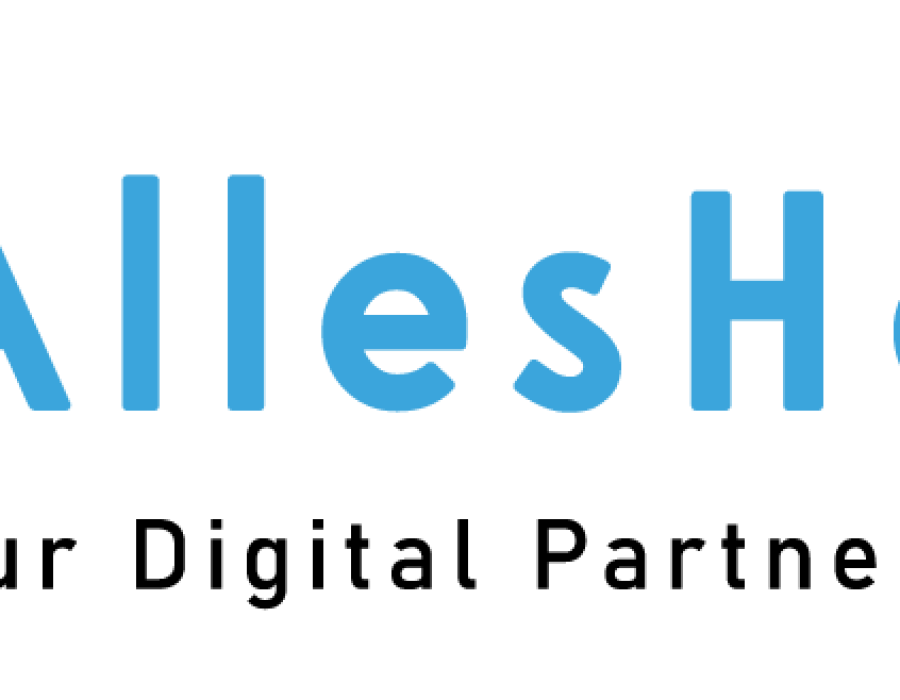Artificial Intelligence (AI) is transforming the healthcare industry, revolutionizing the way medical professionals diagnose, treat, and manage patient care. With its ability to analyze vast amounts of data, identify patterns, and make predictions, AI is enhancing efficiency, accuracy, and patient outcomes. Join us as we explore the incredible potential of AI in healthcare.
Enhanced Diagnosis and Personalized Treatment
AI algorithms can analyze patient data, medical records, and diagnostic images to aid in accurate and timely diagnosis. By detecting patterns and anomalies that may be difficult for human clinicians to identify, AI can provide valuable insights and support in decision-making. Additionally, AI-driven personalized treatment plans consider an individual's unique characteristics and medical history, optimizing outcomes and reducing trial-and-error approaches.
Predictive Analytics and Disease Prevention
AI algorithms can predict patient outcomes based on data analysis, enabling proactive interventions and early disease detection. By leveraging patient data and machine learning techniques, AI can identify high-risk individuals, analyze genetic markers, and predict the likelihood of disease development. This allows for targeted preventive measures, such as lifestyle interventions and early screenings, ultimately reducing the burden of diseases and improving population health.
Streamlined Administrative Tasks and Workflow
AI-powered systems can automate administrative tasks, such as scheduling, documentation, and billing, freeing up healthcare professionals' time for direct patient care. Natural Language Processing (NLP) enables voice recognition and transcription, facilitating accurate and efficient clinical documentation. AI algorithms can also analyze electronic health records (EHRs) to identify potential coding errors or inconsistencies, improving billing accuracy and reducing administrative burden.
Precision Medicine and Drug Discovery
AI plays a vital role in precision medicine by analyzing large datasets, genomics, and molecular information to identify targeted therapies. AI algorithms can analyze genomic data to uncover genetic markers associated with drug response or disease susceptibility. This enables the development of personalized treatment plans tailored to an individual's unique genetic profile. Additionally, AI assists in the drug discovery process by rapidly analyzing vast libraries of data, identifying potential drug candidates, and predicting their efficacy and safety.
Remote Patient Monitoring and Telemedicine
AI-powered devices and applications facilitate remote patient monitoring and telemedicine, expanding access to healthcare services. Wearable devices, such as smartwatches and sensors, collect real-time health data that can be analyzed by AI algorithms for early detection of abnormalities or changes in patient health. Telemedicine platforms leverage AI technologies to facilitate virtual consultations, triage patients, and provide remote diagnostic support, ensuring timely access to healthcare expertise, especially in underserved areas or during emergencies.
Ethical Considerations and Data Privacy
As AI continues to advance in healthcare, ethical considerations and data privacy become paramount. Safeguarding patient data, ensuring transparency in AI algorithms, and addressing biases in data and algorithms are critical. Striking a balance between the power of AI and preserving patient autonomy, privacy, and human oversight is essential to build trust and ensure responsible AI adoption in healthcare.
For More Info:-
Digital health solutions companies
Electronic Medical Records website
Personalized health data management





Comments